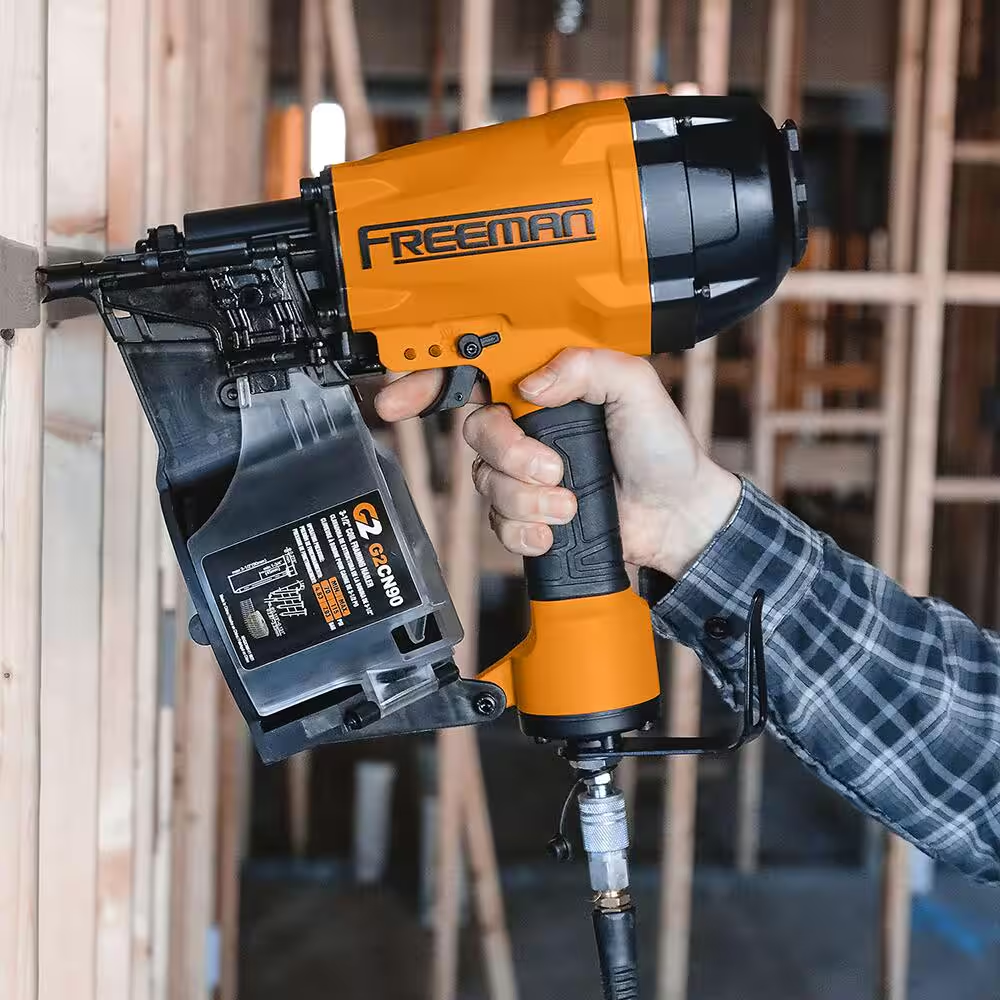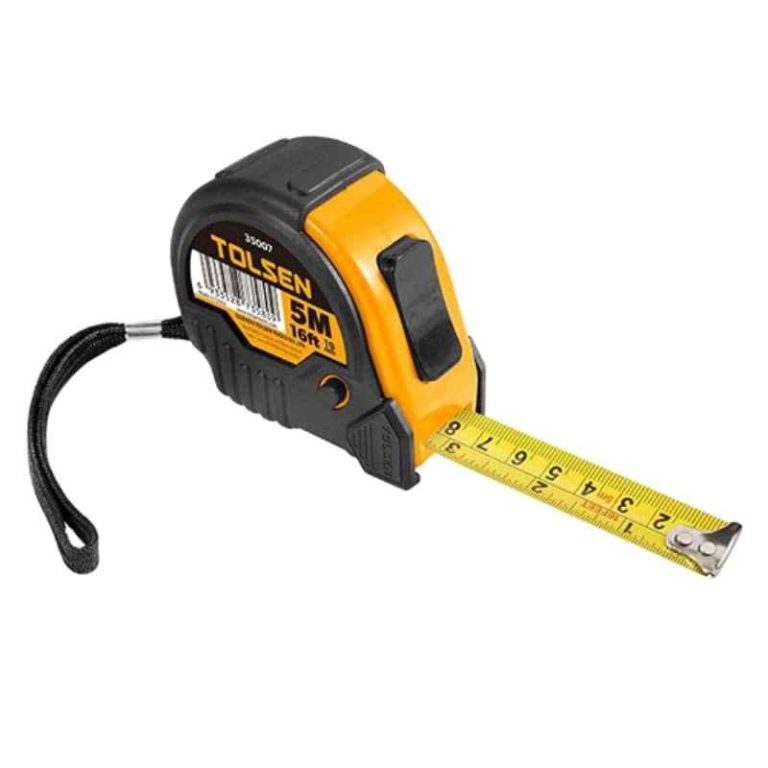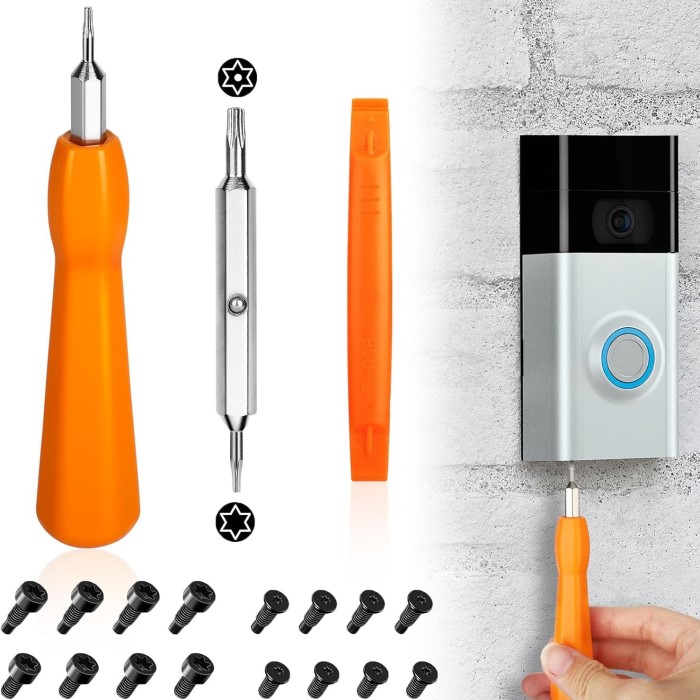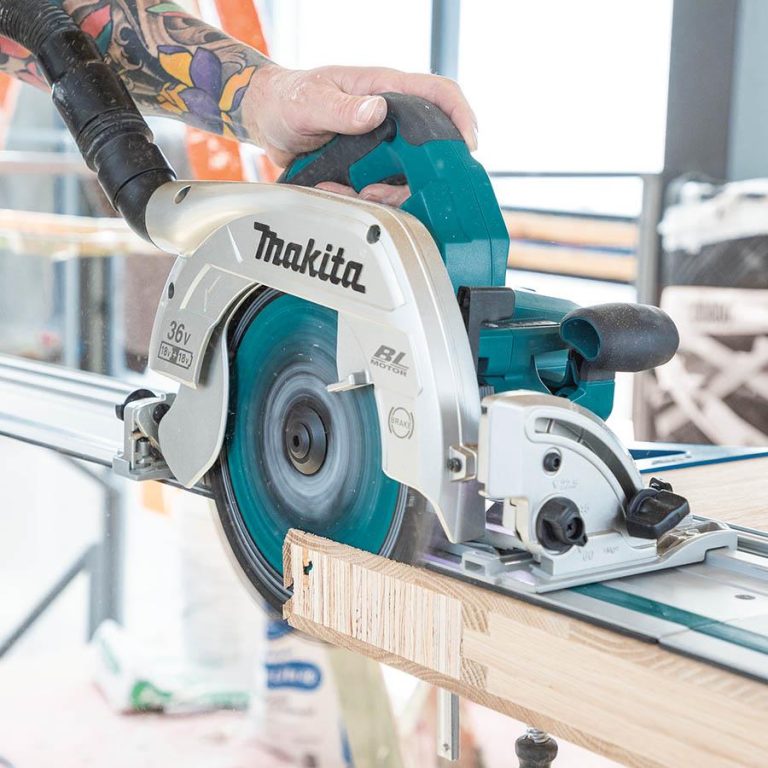The Essential Guide to Electric Pipe Cutters
Electric pipe cutters ( 電動パイプカッター) are indispensable tools for professionals in various industries. These devices simplify the task of cutting pipes, enhancing efficiency and safety. This comprehensive guide explores the benefits, features, and applications of electric pipe cutters.
Advantages of Electric Pipe Cutters
Electric pipe cutters offer several advantages over manual cutting tools. First, they significantly reduce labor time. Workers can complete tasks faster, which increases productivity. Additionally, these tools ensure cleaner cuts. Clean cuts are essential for various applications, as they reduce the risk of leaks when connecting pipes.
Moreover, electric pipe cutters enhance safety. Manual cutting tools often require excessive force, which can lead to accidents. In contrast, electric cutters minimize the risk of injury. They operate with precision, reducing the chances of slipping or miscutting. This is particularly important in busy work environments where safety is a top priority.
Electric pipe cutters also accommodate a wide range of materials. From PVC to metal pipes, these tools can handle it all. This versatility makes them an excellent investment for professionals. Furthermore, many electric pipe cutters come with adjustable settings. This feature allows users to customize their cutting depth based on the material’s thickness.
Finally, user-friendly designs enhance their appeal. Most models come with ergonomic handles and lightweight bodies. These features enable extended use without causing fatigue. Therefore, workers can maintain productivity throughout the day. Ultimately, choosing electric pipe cutters can lead to better outcomes and a safer working environment.
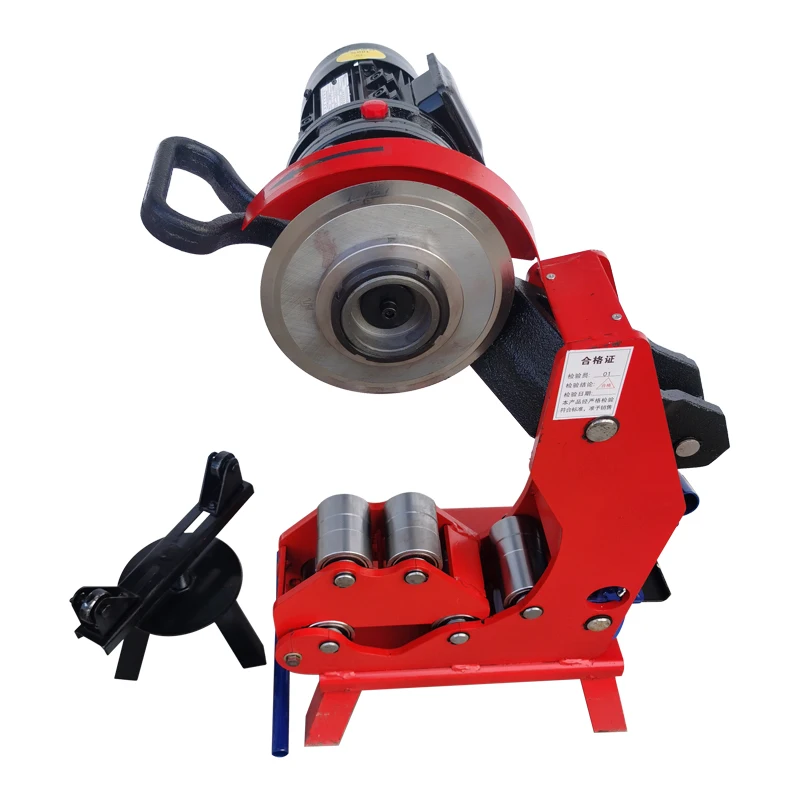
Key Features to Consider
When selecting an electric pipe cutter, several features should be considered. First, the cutting capacity is crucial. Different models can handle various pipe sizes and materials. Assessing the cutting capability ensures the chosen tool matches specific needs.
Next, a variable speed setting is beneficial. This feature allows for adjusting the cutting speed based on the material. Faster speeds may be suitable for softer materials, while slower speeds suit harder ones. This adaptability increases efficiency and minimizes tool wear.
Portability is another essential feature. Many electric pipe cutters are designed for convenience. Compact and lightweight models are easier to transport on job sites. Battery-powered options offer even greater mobility, allowing freedom from cords and outlets. This flexibility is especially valuable for professionals who work in various locations.
Additionally, safety features should not be overlooked. Automatic shut-off and blade guards enhance user safety. These features prevent accidents by reducing the chances of unintentional activation. Thus, investing in a model with robust safety features is wise.
Lastly, considering the warranty and customer support is vital. A reliable warranty provides peace of mind in case of defects or issues. Additionally, good customer support can assist with any operational inquiries. This support can be invaluable, especially for novice users navigating new tools.
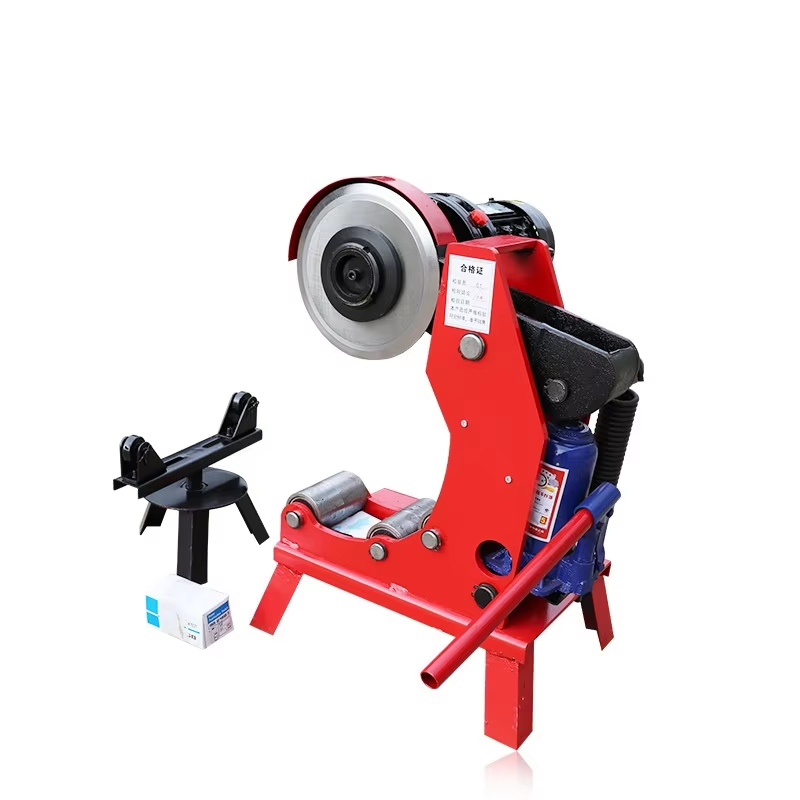
Comparing Manual and Electric Pipe Cutters
The comparison between manual and electric pipe cutter reveals distinct differences. Manual pipe cutters require significant physical effort. Operators must exert pressure to create clean cuts. This labor-intensive process can lead to fatigue, especially during prolonged use.
In contrast, electric pipe cutters simplify this entire process. Users can achieve precision cuts without excessive effort. The machine does the work, allowing operators to focus on other tasks. Subsequently, this efficiency can enhance workflow and output in construction or plumbing projects.
Moreover, accuracy varies between the two types of cutters. Manual cutters depend on the skill of the operator. As a result, inconsistencies may occur. Conversely, electric pipe cutters consistently deliver precise cuts. This precision translates to better-fitting joints and fewer leaks.
The versatility of electric pipe cutters also outshines manual options. While manual tools may struggle with various materials, electric cutters adapt seamlessly. These machines can handle PVC, copper, and even cast iron with ease. Thus, they are suitable for diverse applications without requiring multiple tools.
Cost is another factor worth considering. Manual cutters typically have a lower upfront cost. However, their limitations may lead to increased labor expenses. In contrast, electric cutters have a higher initial investment but save money over time. The reduced labor hours and fewer mistakes justify the initial cost difference.
Top Electric Pipe Cutters on the Market
Identifying the best electric pipe cutter requires examining top brands. Each brand offers unique features and capabilities. Popular brands like RIDGID, Milwaukee, and DeWalt stand out for their quality and performance.
RIDGID is known for its robust construction and reliability. Their electric pipe cutters can handle various materials and sizes. Additionally, RIDGID cutters often come with innovative safety features. These elements make them suitable for both professional and DIY users.
Milwaukee electric pipe cutters are favored for their power and technology. Many models include advanced features like variable speed controls. These features enhance user experience, allowing greater flexibility during cutting. Milwaukee also emphasizes durability, ensuring its tools withstand demanding environments.
DeWalt primarily focuses on portable electric pipe cutters. Their battery-powered models enable users to work efficiently in different locations. Furthermore, DeWalt designs emphasize ergonomics, ensuring user comfort during extended use. This attention to detail makes DeWalt an excellent choice for professionals seeking convenience.
Understanding the advantages and unique features of each brand facilitates informed decisions. Selecting a reliable brand ensures longevity and efficiency. Ultimately, evaluating these options helps professionals choose the best tool for their needs.

Maintaining Electric Pipe Cutter
Proper maintenance is vital for prolonging the lifespan of electric pipe cutter. Regular cleaning is the first step in maintenance. After each use, workers should wipe down the tool to remove debris. This simple practice prevents corrosion and keeps the cutting mechanism functioning smoothly.
Next, inspecting the blades is essential. Dull blades can lead to inefficient cutting and increase the risk of accidents. Regularly checking and replacing dull blades ensures optimal performance. Additionally, sharp blades create cleaner cuts, promoting better fitting joints.
Lubrication is another crucial aspect of maintenance. Keeping moving parts well-lubricated reduces wear and tear. This process also minimizes friction, allowing for smoother operation. Selecting the appropriate lubricant is essential for achieving the best results.
Furthermore, storing electric pipe cutters properly enhances longevity. Leaving tools exposed to moisture can cause damage. Instead, users should store them in a dry, protective case. This practice protects against environmental factors that can deteriorate the tool.
Lastly, following the manufacturer’s guidelines contributes to effective maintenance. Different models may have specific care instructions. Adhering to these recommendations ensures that the electric pipe cutter functions optimally for years.
Safety Practices While Using Electric Pipe Cutters
Safety is paramount when operating electric pipe cutter. First, personal protective equipment (PPE) is essential. Workers should wear safety glasses, gloves, and ear protection. This gear protects against debris, cuts, and noise exposure.
Before starting, inspecting the tool for damage is critical. Users should check for frayed cords, loose components, or any functionality issues. Addressing these concerns prevents accidents and ensures a safe work environment.
Ensuring a stable workspace is also vital. The work surface should be clean and free from clutter. Additionally, using clamps or vises to secure pipes during cutting enhances safety. This prevents movement, reducing the risk of miscuts or injury.
During operation, maintaining focus is crucial. Distractions can lead to accidents, particularly when using power tools. Workers should remain attentive to the task at hand, avoiding multitasking.
Finally, following the manufacturer’s instructions is essential for safety. Each tool may have specific operational guidelines. Adhering to these guidelines enhances safety and ensures optimal performance.
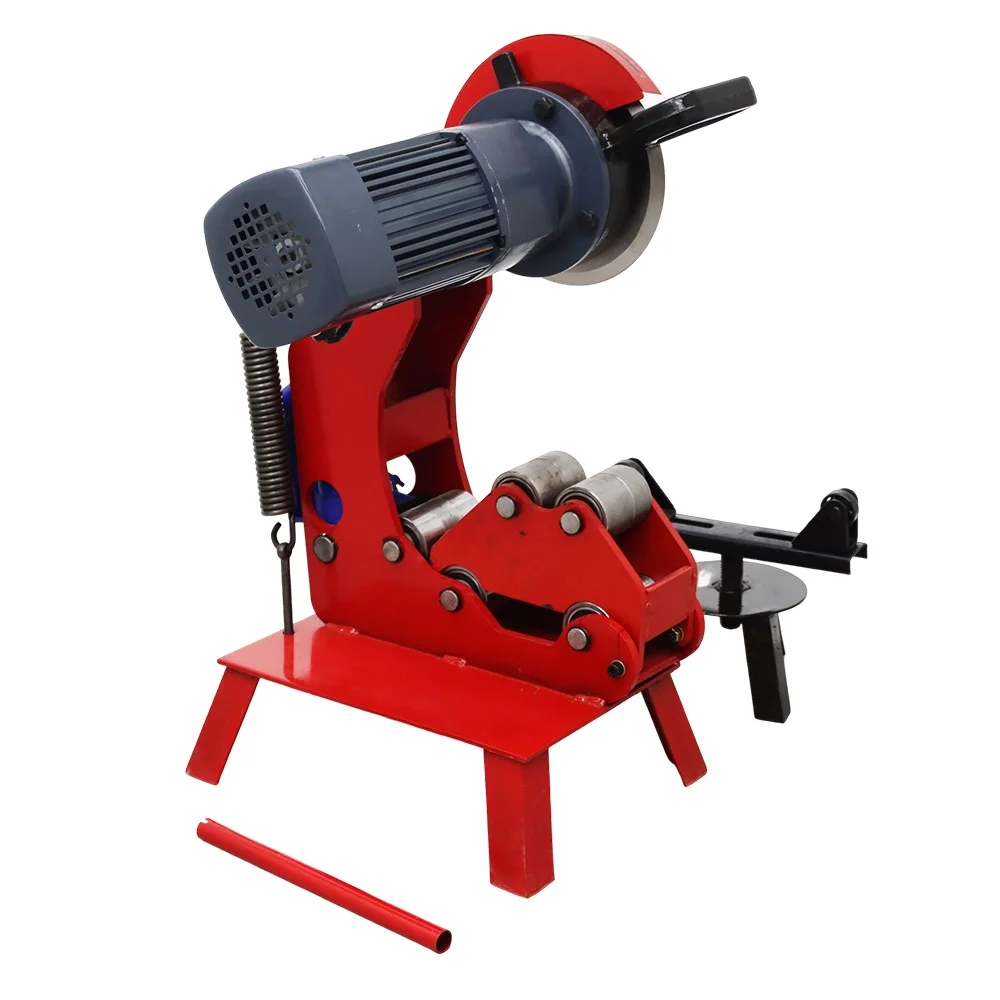
Applications of Electric Pipe Cutters
Electric pipe cutter have diverse applications across multiple fields. In plumbing, these tools are invaluable. They streamline pipe installation and repair tasks, allowing for precise cuts. Plumbers utilize electric cutters to save time and ensure a professional finish on every job.
Moreover, electric pipe cutters are indispensable in HVAC work. Technicians often handle various pipe types, including metal and PVC. Using electric cutters allows them to accomplish tasks with ease. This efficiency translates to faster installations and repairs, benefiting both clients and contractors.
Construction professionals also benefit from electric pipe cutters. Various construction projects require cutting pipes for drainage systems, water supplies, and more. The ability to make swift, accurate cuts is essential in this fast-paced environment.
Additionally, electric pipe cutters have gained popularity in the manufacturing sector. Manufacturers frequently require pipes for different applications. Electric pipe cutters improve production efficiency, reducing labor costs associated with manual cutting.
In the fire protection industry, precise piping is critical. Electric pipe cutters enable fire protection professionals to create accurate connections. This precision enhances the overall safety of fire prevention systems, crucial in protecting lives and properties.

Conclusion
In summary, electric pipe cutters play a pivotal role in numerous industries. Their advantages over manual tools, such as efficiency and safety, make them essential. Selecting the right model involves considering various features and brands. Proper maintenance and safety practices enhance their longevity and performance.
Investing in electric pipe cutters yields significant returns in time and cost savings. From plumbing to construction, these tools improve workflow and accuracy. Ultimately, electric pipe cutters continue to revolutionize how professionals approach pipe cutting across multiple fields.
In conclusion, staying informed about electric pipe cutters is vital in today’s fast-paced work environments. Understanding their benefits, features, and applications empowers professionals. As technology evolves, electric pipe cutters will only continue to grow in importance and effectiveness.

